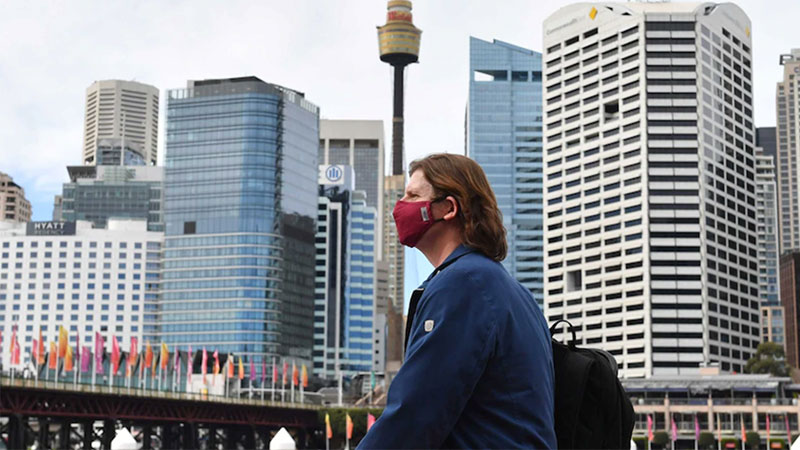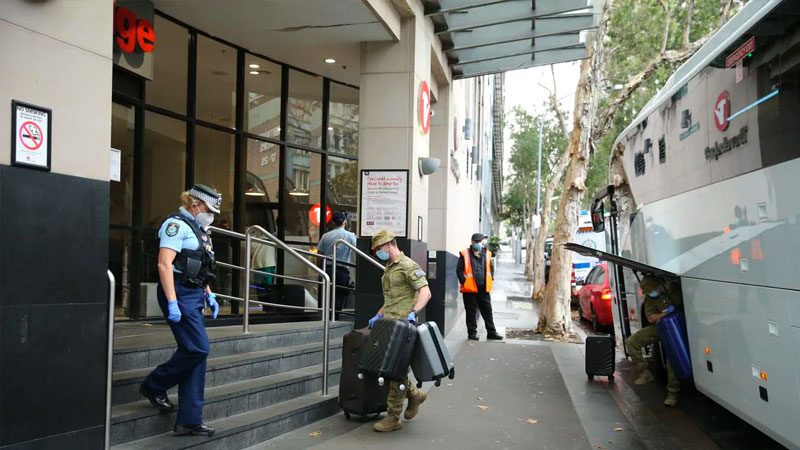Sydney hotels, operating under restricted trading since late June, are now recording occupancy rates under 2 per cent as lockdowns cripple leisure, international and corporate bookings.
According to Tourism Accommodation Australia, operators across pandemic-battered capital city markets, such as Sydney, were now haemorrhaging cash with takings down between 70 and 90 per cent compared to July 2019.
Tourism Accommodation Australia NSW chief executive Michael Johnson said the current situation would result in mass redundancies of staff, most of whom lived in south-western and western Sydney.
“We still have examples where one hotel is ineligible for JobSaver because they are part of an international group, but a neighbouring hotel, just a few hundred metres away, is eligible for weekly JobSaver payments,” Johnson said.
“Both hotels have staff to support and similar ongoing minimum costs, such as salaries, insurance, rent/interest, electricity network charges, land tax and council rates, among other expenses.
“The reality is while the rooms sit empty, the bills keep piling up.”
STR regional manager Matthew Burke told The Urban Developer that July’s results for occupancy across Sydney represented the lowest levels since April 2020.
“With the continued restrictions across NSW, the number of hotel’s experiencing low occupancy is expected to be even higher in August,” Burke said.
“If the [state] government does decide to loosen restrictions and allow some mobility of travel, occupancy will increase but will be to regional NSW.”










